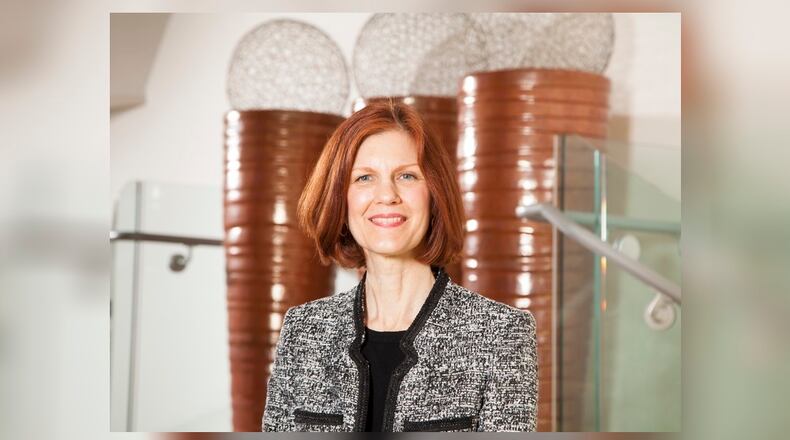Once we figure that out, we can meet our needs and let these feelings go. We have the ability to change our emotions and health for the better. Because we are physical, mental, emotional, spiritual and social beings, we have needs in each aspect of our lives. Most people tend to prioritize some needs and neglect others.
When we are grieving or otherwise stressed, neglecting the different parts of ourselves is amplified. The imbalance can worsen how we feel. Here are some ideas to help you to care for each part of yourself. Balance is key. You have everything you need to care for yourself well.
Caring for Your Physical Self
- Get enough rest. Retire/arise on schedule. Remove sleep barriers — screen time, heavy food, stressful discussions, and disturbing news.
- Exercise daily. Stretch your legs every hour. Dress for the weather and get outside.
- Choose healthy foods that help you feel your best. If you are gaining or losing weight without trying, discuss this with your healthcare provider.
- Drink plenty of water.
- Focus on breathing when you feel stressed. Breathe in for seven counts, hold for one count, and breathe out for seven counts. Two minutes will help you calm.
- Keep regular appointments with your healthcare provider and other specialists.
- Some have sensitivity to lack of light in winter. Get sunlight each day and visit your healthcare provider for a care plan.
- Take time to care for your body. This is not a luxury. It is fundamental.
Caring for Your Mental and Emotional Self
- Give space for a “bad” mood or day. What do you need to let go? What do you need now? Make plans to meet your needs.
- All emotions just “are.” They are neither good nor bad. Find a safe way to express anger or sadness. Then do your best to let it go.
- Too much time alone can be detrimental to our thoughts and emotions. Find a friend and reach out. There is always someone who will listen.
- Read, watch and listen to things that are uplifting and encouraging.
- Humor is a great de-stressor. A day in which we have laughed is always a better day.
Caring for Your Social and Spiritual Self
- Be proactive in reaching out to others when you feel lonely.
- Explore new possibilities for positive connections, such as a gym, a club, a volunteer position, or a faith community.
- Arrange regular times to be with others, such as coffee or lunch every week. Looking forward to plans brightens our spirits.
- Make plans for the spring and summer. Winter is just a season.
- Tend to your relationship to the greater universe. Find time each day to study, pray or focus.
- Find a way to be helpful to another. Taking focus off ourselves and toward meeting the needs of others is powerfully healing.
*If you or someone you know feels that they are suicidal, it is crucial to reach out for help immediately. The National Suicide Hotline is open 24/7. Your call will always be welcome. Please call 1.800.273.8255.
Lisa Balster, MA, MBA, LSW, FT, has worked in the hospice field for 35 years and is a licensed social worker and the director of Patient and Family Support Services and Pathways of HopeSM Grief Counseling Centers at Ohio’s Hospice.
About the Author
